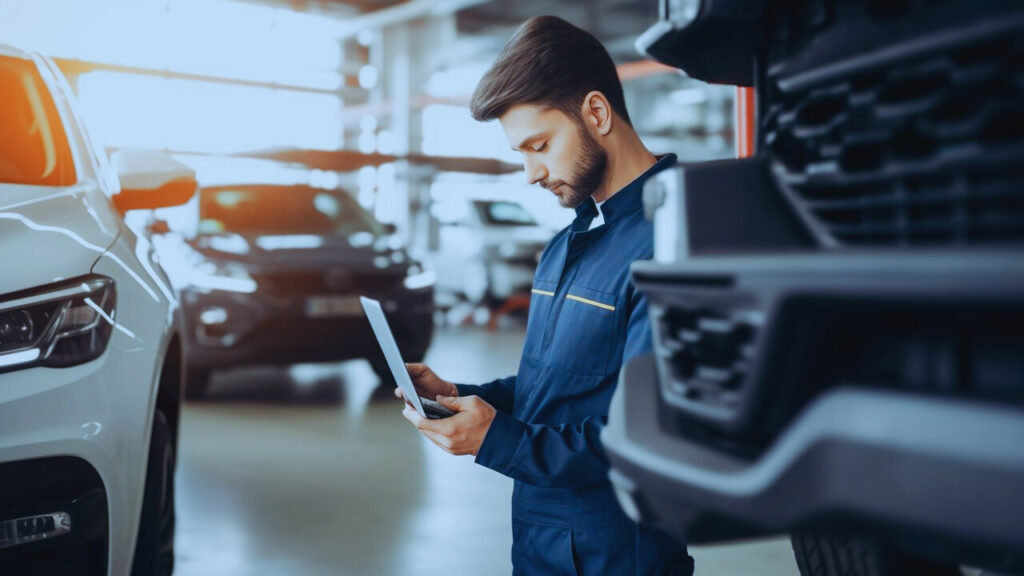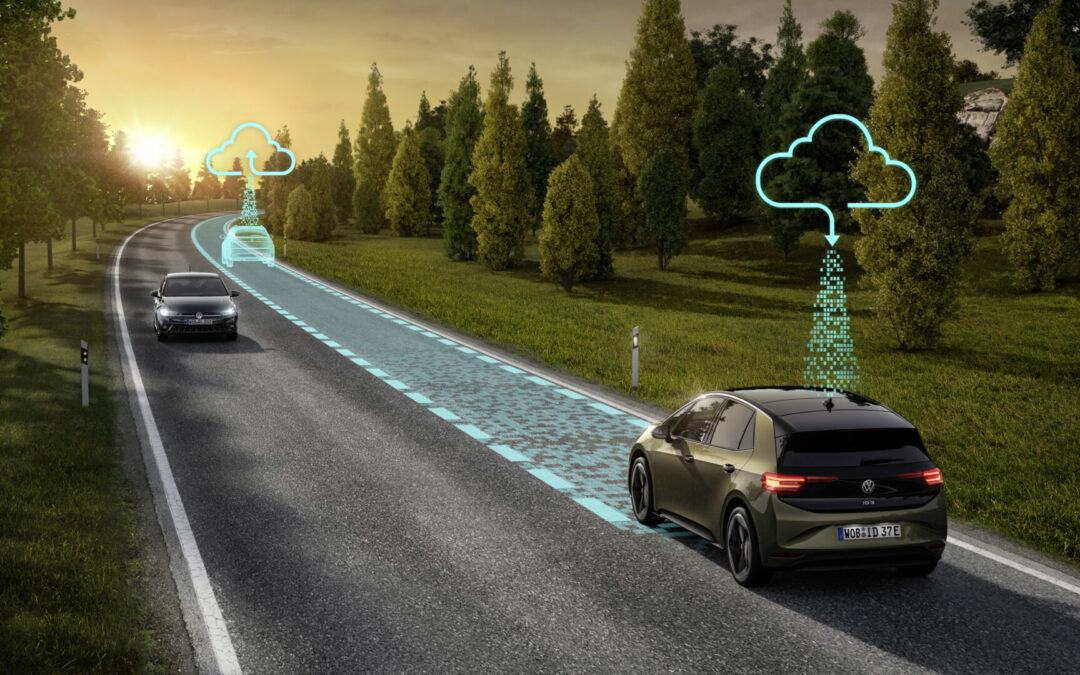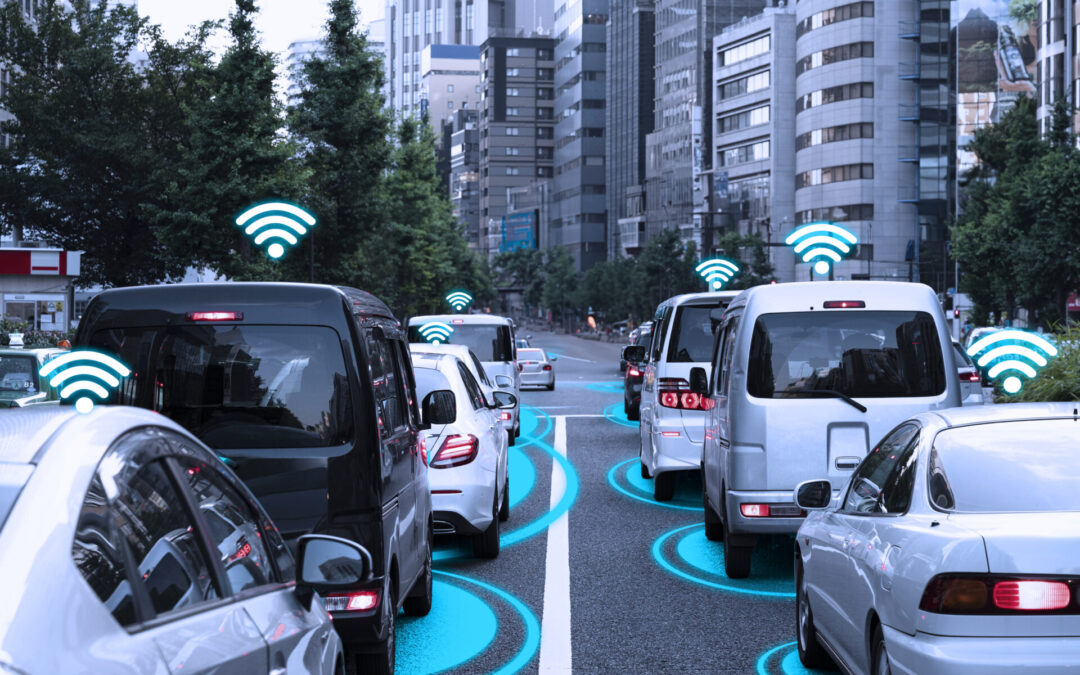Leasing companies can prioritize customer satisfaction and revenue growth by maintaining a diverse car park with multiple brands and models. This diversification works great as it reduces single-brand reliance and supply chain risks, while catering to varied customer needs. This is proving to be the right strategy, as leasing customers are showing trends of valuing specific vehicle features over brand.
However, while both the leasing companies and their customers could be benefiting greatly from vehicle connectivity solutions, it can be a complex task to implement in such a diverse fleet.
Often, connectivity solutions are tailored for specific brands or vehicle types. Investing in multiple such solutions isn’t sustainable. How can you effectively integrate this technology into a multibrand environment?
Striking a balance: Diverse car parks and connectivity challenges
The leasing companies of today are adapting to the rapidly changing automotive landscape to ensure high levels of customer satisfaction and revenue growth. This includes maintaining a diverse car park, with multiple brands and models.
So while diversification works great for reducing single-brand reliance and caters to different customer and commercial needs, there are great hurdles to overcome for leasing managers. The documentation work that goes into keeping the overview of all these different vehicles is monumental. Without this vehicle data the lease fleet resale value decreases, and the leasing companies risk delayed service visits and unsatisfied customers.

Accessing and documenting vehicle data becomes easier with a connectivity solution, as presented in this article. But leasing companies are wary, as their multibrand leasing fleet clashed with the usual, one-brand-only connectivity solutions on the market. It is known that the distinct integration requirements and CAN protocols in each brand and model are technically challenging to collect.
At least, that is how it used to be.
At Connected Cars, the quest for improving the user experience is never-ending. The Product Team is constantly exploring ways to expand the existing number of connectivity features. As Jakob Fokdal Filippson, Vice President of Product states:
“Our top priority is understanding the pain points and needs of leasing managers. We’re committed to seeking innovative ways to secure more vehicle data, enabling our customers to identify their vehicles’ requirements and ensuring both longevity and optimal resale value.”
With the electrification of the automotive industry, where there are fewer parts and less service, the focus turns to the batteries.
“Over the past few years, we’ve delved into EVs and PHEVs’ data points alongside traditional ICE cars. Despite initial data access challenges, our teams’ unwavering commitment has paid off, offering invaluable insights to our customers.”
Jakob Fokdal Filippson, Vice President of Product
Leasing Insights: Unlocking Vehicle Data
Today’s vehicles come equipped with Electronic Control Units (ECUs) that can communicate with testers and other devices. This is how we learn about the status of the vehicle, when it requires service next, or if there are any errors detected.
The Controller Area Network (CAN bus) is the reason this communication can take place. It sends messages back and forth between the ECU and the receiver. And whenever you are looking to prod a vehicle about a specific data status, it is the CAN that can extract the data. But you will need to know which “question” to ask to receive the correct information from the vehicle.
Connected Cars is privileged in having an in-house CAN bus team that specializes in studying vehicles in such depths that they can identify the data that needs extracting, and then reverse engineer how to ask the correct questions.

Everything is possible with a CAN-do attitude
The CAN bus team thrives on embracing new automotive challenges, and the arrival of EVs has certainly provided a fresh set of hurdles to overcome. These challenges include dealing with multiple OBD entry points, navigating gateway-security protocols, and occasionally encountering vehicles that simply do not have any ignition-data.
Despite these complexities, the team remains enthusiastic about unraveling the mysteries of these cutting-edge vehicles:
“It’s a bit like hacking into the black box while blindfolded”, laughs Morten Willaume Andreasen, CAN bus Technician. “There is something exciting about going hunting for these data points and then start reverse-engineering how we go about extracting them.”
The CAN bus team works closely with the Device team to keep discovering new data and ways to extract it. The CAN bus team writes custom configurations to read the CAN protocols, which the Device team develops firmware to support.
This process ensures that Leasing companies can get consistent, live data from their fleet into the ConnectedLeasing platform.
All of this ensures that we get live data from our customers’ vehicles into ConnectedLeasing. There we can use it for different purposes and insights. And indeed, this goes for all vehicles, as Morten shares:
“Yes, we can provide support for all car models. For those we haven’t encountered yet, we’ll secure access and dedicate time to understand them. We’re committed to continually improving our current protocols to offer even more features and access to data.”
The impact of homebuilt hardware
The Device team at Connected Cars is on an accelerated journey, relentlessly enhancing the CC-link firmware and hardware. They’re driven by the pursuit of optimization, focusing on aspects like size, components, and unit power consumption. But their commitment goes beyond just performance improvements; it aligns seamlessly with Connected Cars’ company motto of GDPR compliance.
“We ensure that no data is collected without explicit consent, eliminating the need for data filtering and preserving precious CPU resources”, states Sune Scheuerlein-Tougaard, Technical Lead.

When prompted about what happens when new features are developed or improved for different vehicle brands and models, he adds:
“One of the biggest advantages of developing our CC-links in-house is the ability to keep them up-to-date without any issues. Whenever the CAN bus team has another breakthrough in data collection or vehicle support, we can easily upgrade all the CC-links driving around out there with over-the-air updates. This means there’s no need for workshop visits or inconvenience for the end users.”
Conclusion
Connected Cars stands by its unwavering commitment to support all vehicle brands and models. As we continuously expand our support for EV-data and improve our CC-link configurations, our aim is to provide an unparalleled customer experience.
Leasing companies can trust us with their diverse car parks. With Connected Cars, data availability for all vehicle brands and models is not just a possibility. It’s our promise and the way we work!






